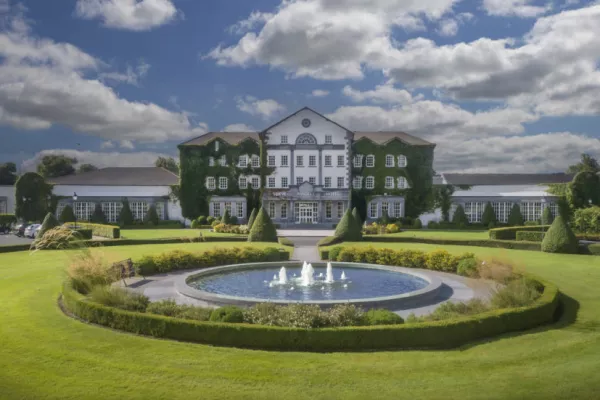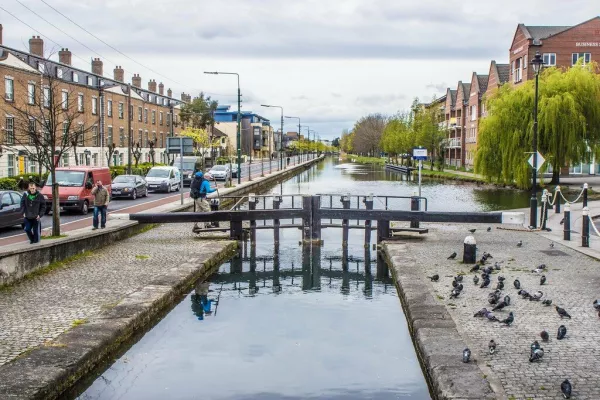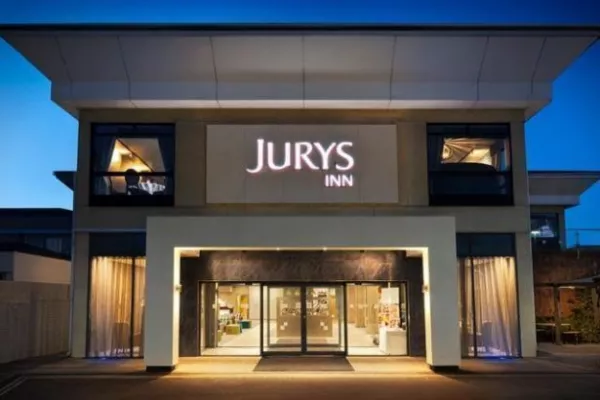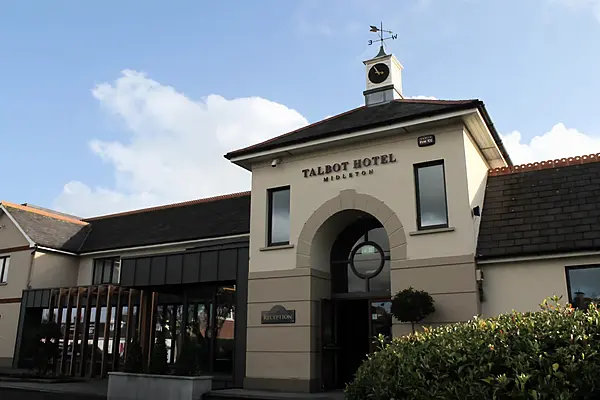CBRE Ireland’s research team recently issued a detailed report on the Irish and European hotel markets. Hospitality Ireland reports
This article was originally published in the Summer 2024 issue of Hospitality Ireland Magazine, in July of 2024.
Three key themes are explored in the recent CBRE report, including the extent of hotel transaction activity that is ongoing at present, both in Ireland and across Europe; a detailed investment case outlining why hotels are transacting to such an extent, and how the passenger cap currently in place at Dublin Airport could exclude the Irish hotel market from the seismic global growth in air travel that is forecast for the coming years, and that to support Ireland’s open economy, this cap should be, and likely will be, increased in time.
Across Europe, in the 12 months to the end of Q1, commercial real estate transactional activity declined year-on- year across all sectors, except for the hotel sector. European hotel transaction volumes actually increased by 1% in the 12 months to the end of Q1.
Irish Market
In Ireland, after an exceptional opening few months of the year for hotel transactions, vendors are still electing to test the market through discreet processes, and CBRE estimate that there are in excess of €600m of Irish hotels currently on the market and being prepped for sale.
Total annual Irish hotel sales could surpass €1.2bn in 2024—a record level of spend. The previous peak year was 2006, when €1 billon worth of hotels traded, including the Great Southern Hotel Portfolio and Jury’s Inn in Ballsbridge. There are several notable hotels on the market at present, including the Morrison Hotel in Dublin 1, the G Hotel in Galway, and the Slieve Russell in Cavan, along with several off- market trophy assets both in Dublin and in regional Ireland.
'Exceptional Level'
Asked about the findings, director & head of research at CBRE Ireland, Colin Richardson, spoke exclusively to Hospitality Ireland.
“The most notable findings are the exceptional level of hotels that have transacted and that are on the market now in Ireland,” he said, adding that “the hotel investment case is particularly strong, and we outline it in detail in the report. From the fundamentals of the market, i.e., trading performance and demand for hotel rooms, to the macro picture, i.e., ongoing growth in travel. Alongside the fact that the historically most acquired commercial property assets — office and residential — are facing challenges at present, and investors are looking at alternative assets. On a recent road trip to London, where we spoke to the largest funds that invest and lend into Ireland, we found that hotels were once one of the most desired classes of commercial property assets.
“With inflation running at such a high level in recent years, the dynamic pricing model, i.e., the ability to make live changes in the pricing of rooms, has been seen as a particular advantage. In other sectors, like offices, rents can typically only be reviewed every five years."
'A Little Slower'
In addition, he continued, “trading performance has been a little slower for Dublin hotels this year. The construction of new hotels reached completion in some large developments in the first half of the year, and hence pricing has been more competitive. Metrics like RevPAR and ADR have fallen in H1, but from a very high base level in 2023, and are still strong on a historical basis.”
In response to the question of what he sees happening if the passenger cap at Dublin airport isn't increased, Richardson said, “I think if the passenger cap is increased at Dublin Airport, we will see annual passenger levels rise above the current cap of 32 million over the next few years. Ireland’s advantage over the last cycle has been the fact that we are an ‘open’ economy to investment. We have attracted large companies to locate here and large institutions to invest and fund development here, in part due to the open nature of our economy. A cap at the airport goes against this model and is viewed negatively by companies that could potentially invest here. While rising airfare due to the cap would also damage tourism, which has also been a huge success story over the last 10 years.”








